Youth Community Support
It is the goal of CMHS to keep the family unit intact while working with children and youth to build the skills needed for positive peer and family relationships while learning to manage and regulate their emotions and behaviors.
CMHS works with children and youth ages 5-18 with serious emotional/behavioral health concerns. Each child/youth is partnered with a Community Support Specialists (CSS) who will work with the child/youth and their family in the community and the home.
There are times when a child or youth may benefit from a brief out-of-home placement. This program is open for children and youth aged 5-18 who have severe emotional and behavioral challenges.
This program is for children or youth who need a less restrictive environment than hospital-based care or residential treatment and are having difficulty remaining in their present home setting or require transitioning from a hospital-based setting or residential facility back to their natural home. This ‘Professional Parent Home’ provides a therapeutic home environment and work with the youth in coordination with the guardians and their treatment team to stabilize behaviors and transition back into the home.
For additional information about TFH contact Director of Youth Services: Kathryn McGill, Kathryn.McGill@BurrellCenter.com or email KCTFHReferrals@Burrellcenter.com
The Family Support Provider (FSP) will work in conjunction with the Youth Community Support team/CSS to provide wrap around support to the family overall. This FSP will provide peer-to-peer support and education to assist parents/caregivers through sharing resources navigation through the systems and sharing their own story of building resiliency and hope. FSP services are for those with children or youth ages 5-18.
CMHS participates in the Children’s Enhancement Program (CEP), which is a collaborative approach designed to allow children and youth affected by serious mental, emotional or behavioral disorders, or dual diagnoses, stay in their own communities. Youth must be enrolled in a CPR program in order to be eligible for these services. Ask your CSS, FSP, or other contacts for more information.
For more information on the program, please visit the Children’s Enhancement Program website.
